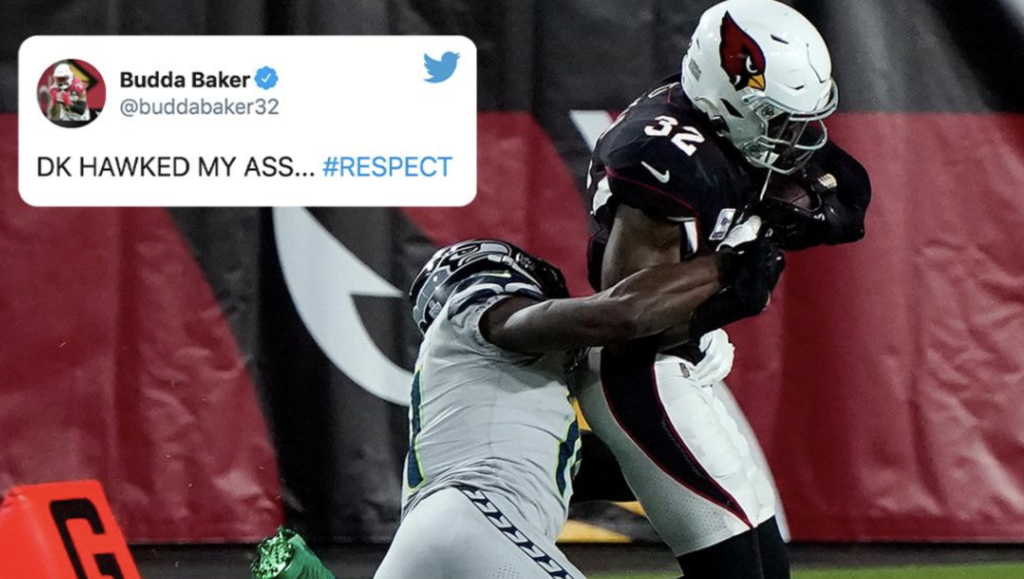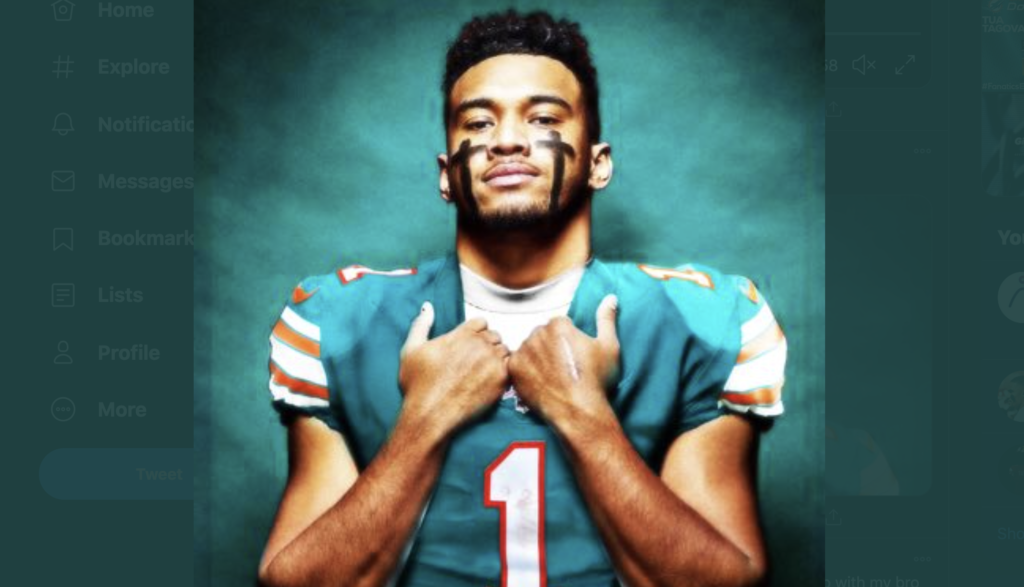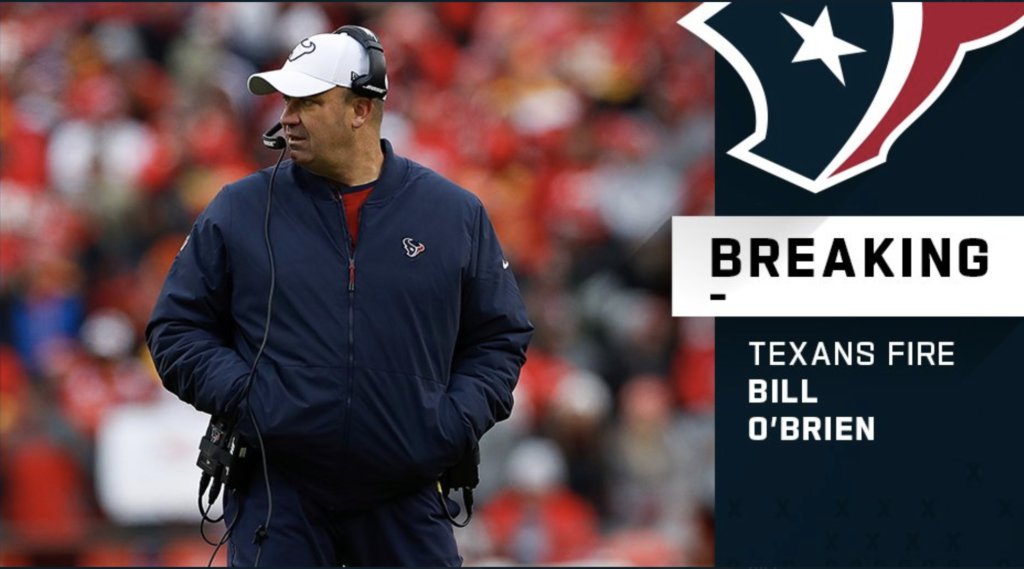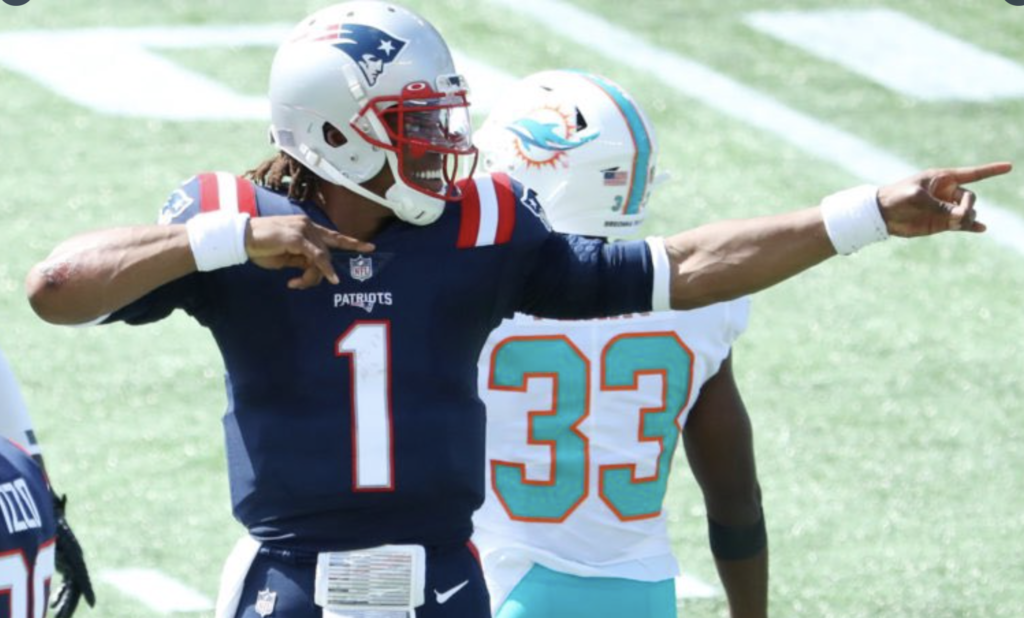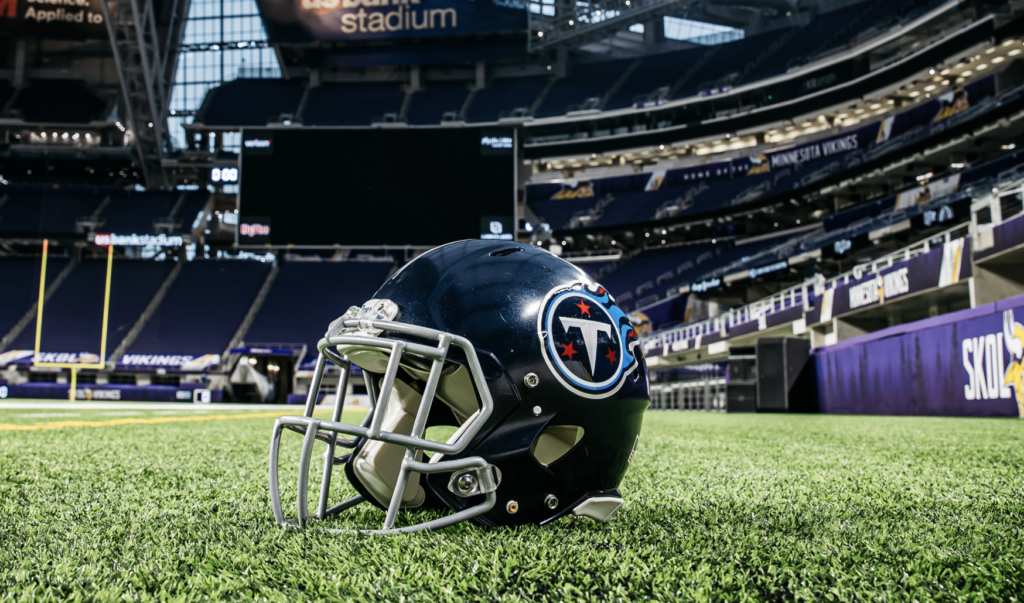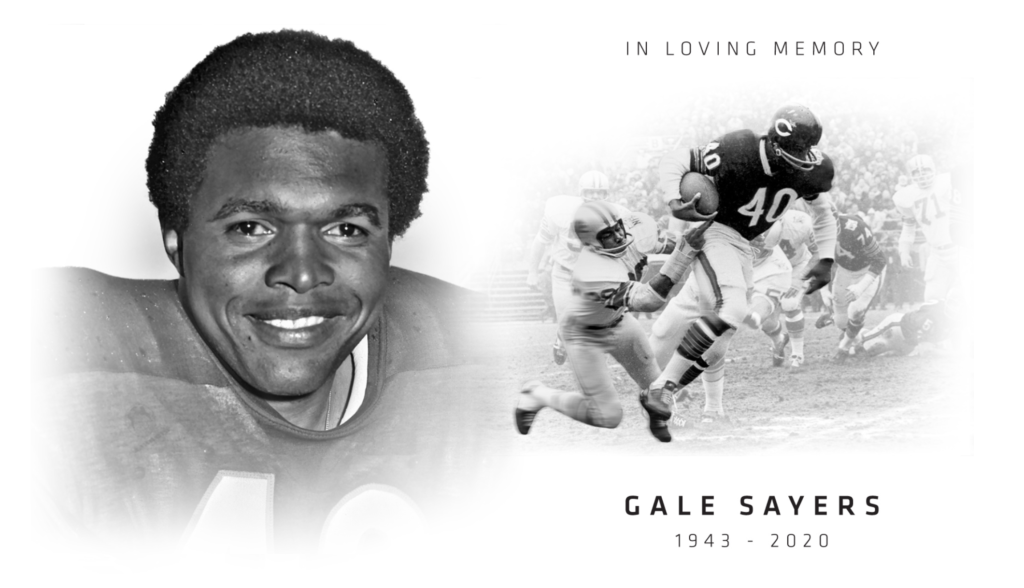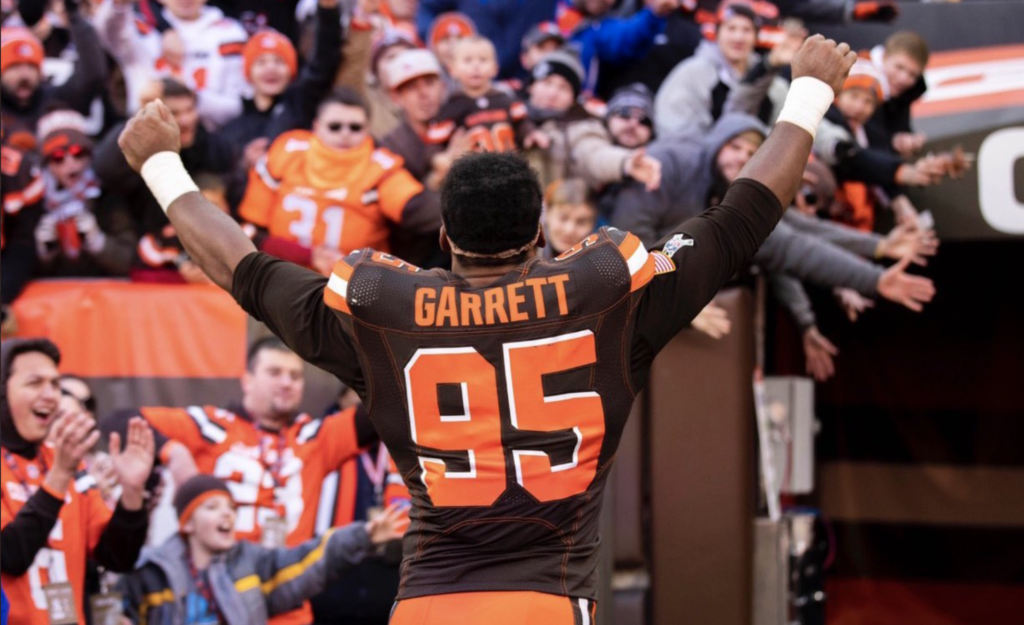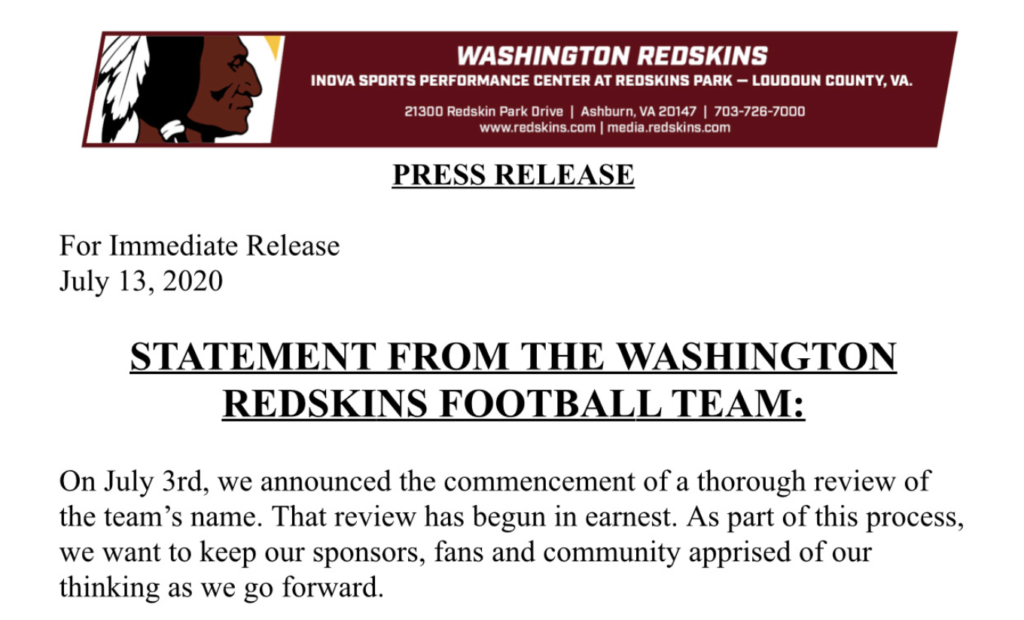NFL will Pay $42 Million in Settlement
18 Mar, 2013
The NFL has agreed to pay $42 million as part of a settlement with a group of retired players who challenged the league over using their names and images without their consent.
The league will use the money to fund a “common good” trust over the next eight years that will help retired players with an array of issues including medical expenses, housing and career transition. The settlement also establishes a licensing agency for retired players to ensure they are compensated for the use of their identities in promotional materials.
“We look forward to building an unprecedented new relationship with retired players that will benefit everybody, especially those who need extra medical or financial assistance,” NFL Commissioner Roger Goodell said Monday in a statement issued by the league.
The settlement could improve the frosty relationship between the NFL and many of its retired players who have felt left behind as the league has exploded in popularity over the last decade. Former stars like Mike Ditka, Jim Brown and others have lobbied hard for more help dealing with retired players’ mounting financial difficulties and medical expenses, and for a bigger role in negotiations of labor agreements.
Brown called the settlement a “landmark for those who really need it.”
“We were able to finalize this agreement and for the first time in history retired players will be represented at the table,” Brown said at a press conference in Arizona, where owners are holding meetings this week.
Hall of Famer Elvin Bethea and five other retired players filed the federal class-action lawsuit in Minneapolis in 2009 accusing the NFL of blatantly exploiting retired players’ identities in films, highlight reels and memorabilia to market the league’s “glory days.”
“The retired players who created these glory days, however, have gone almost completely uncompensated for this use of their identities,” the plaintiffs said. “Notably, while exploiting the identities of retired players for commercial gain, the NFL prohibits retired NFL players from using their own identities as players to promote themselves commercially.”
The Common Good fund will be administered by a group of retired players approved by the court, a significant legitimization of a group as a whole that for years has felt like it was on the outside looking in. And the licensing agency will for the first time market retired players’ publicity rights in conjunction with the NFL, thereby making it easier for retired players to work with potential sponsors and advertisers.
“There’s now going to be a voice for the retired players,” said Charles Zimmerman, an attorney for the plaintiffs. “That’s very important.”
AP
Mentioned In This Post:
